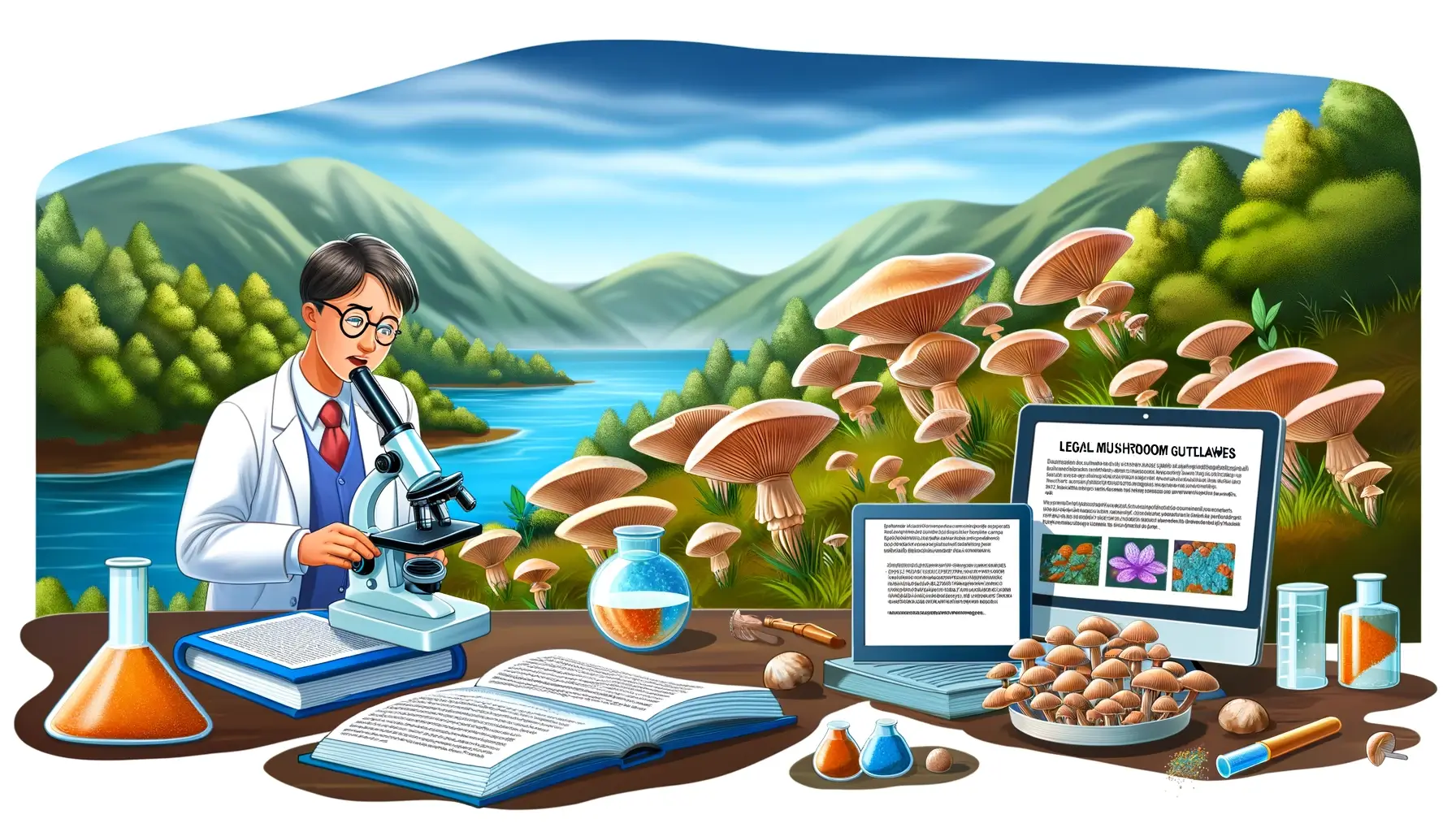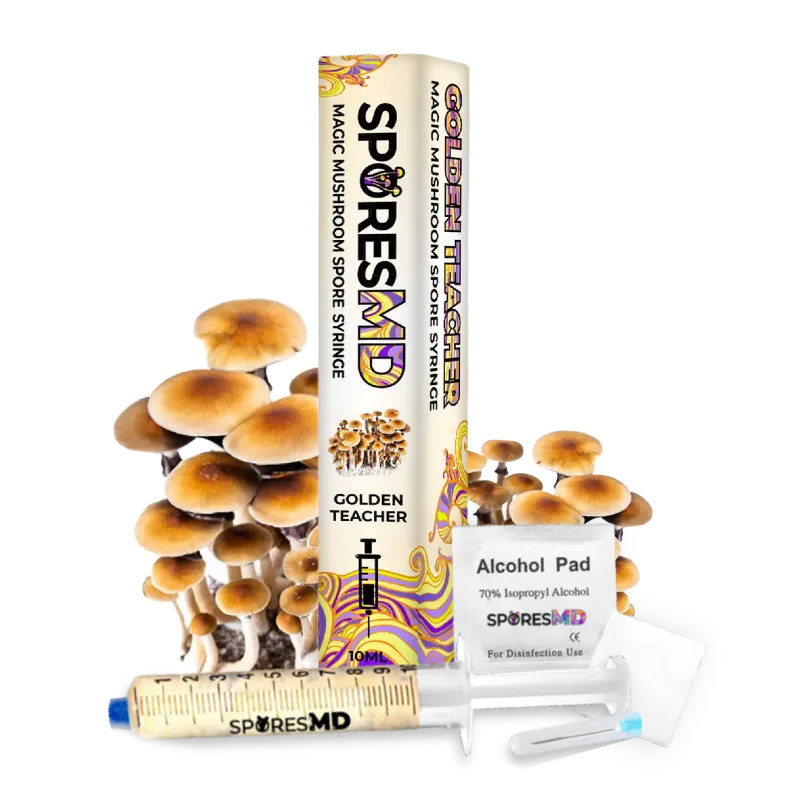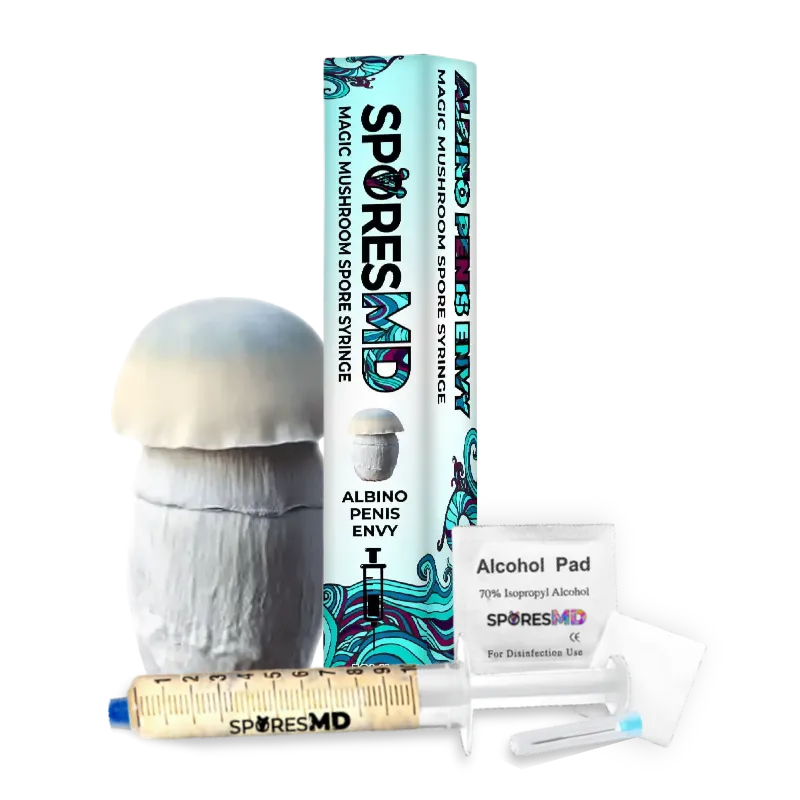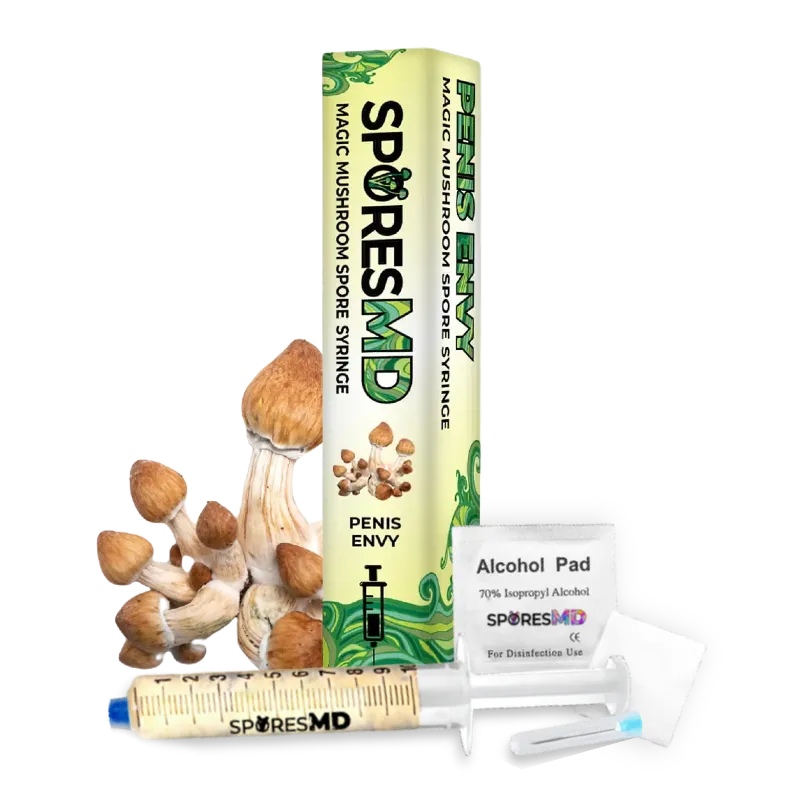Mushroom spores are fascinating. In California, they thrive. If you’re curious about cultivating mushrooms, you’re in the right place. California’s unique climate offers ideal conditions for a variety of mushroom species.
Whether you’re a hobbyist or a serious grower, understanding spores is crucial. They are the seeds of the mushroom world. From sourcing to cultivation, knowing where and how to get quality spores can make all the difference. Ready to dive in? Let’s explore the world of mushroom spores in California.
Key Takeaways
- Ideal Climate for Mushroom Spores: California’s unique climate offers optimal conditions for cultivating a variety of mushroom species, making it an ideal place for both hobbyists and serious growers.
- Legal Landscape: Understand the critical distinctions between federal and state laws regarding psilocybin mushroom spores. While they are legal federally if they don’t contain psilocybin or psilocin, California imposes stricter regulations.
- Identification and Collection: Identifying and collecting mushroom spores require proper techniques like spore prints and thorough research, always considering local regulations to avoid legal issues.
- Medical and Therapeutic Potential: Psilocybin mushrooms like microscopy show significant promise in treating mental health disorders and enhancing cognitive functions, as evidenced by ongoing research.
- Risks and Safety Concerns: Be aware of the physical, mental, legal, and societal risks associated with psilocybin mushrooms. Adverse effects and potential legal consequences necessitate responsible usage and adherence to regulations.
- Responsible and Ethical Use: Engage in responsible practices by complying with federal and state laws, focusing on non-recreational, research-based use, and avoiding illegal cultivation of psilocybin-producing mushrooms.
Legal Status in California
Understanding California’s legal landscape for psilocybin mushroom spores is critical whether you’re a hobbyist or a serious grower. Federal and state laws differ significantly, so knowing both is essential.
Federal vs. State Laws
- Federal Law: Psilocybin mushroom spores are legal under federal law. They don’t contain psilocybin or psilocin.
- DEA Clarification: The DEA states that spores not containing these substances are not prohibited.
- State Law: In California, spores are illegal if they can produce mushrooms with controlled substances like psilocybin and psilocin.
- California’s Stand: It is illegal to cultivate, transport, sell, furnish, or give away spores capable of producing mushrooms containing controlled substances.
- Exemptions: Activities involving spores for bona fide research, instruction, or analysis approved by the Research Advisory Panel are legal.
- Enforcement: California strictly enforces these laws to control the production of psychoactive substances.
Being informed about these legal distinctions helps you navigate the complex regulatory landscape wisely. Ignorance isn’t bliss here. Know the laws, stay compliant, and cultivate responsibly.
Characteristics of Mushroom Spores
Mushroom spores are vital for fungal reproduction, similar to seeds in plants. While legally permissible under federal law without psilocybin or psilocin, state regulations vary.
Types of Spores Found in California
Different mushroom species exist in California:
- microscopy: Known as “magic mushrooms,” illegal to cultivate, sell, or possess, except for research. (you can get your mushroom spore syringes to fuel your research from SporesMD)
- Other Species: Legality varies depending on species and local laws.
Identification and Collection
Identifying and collecting mushroom spores involves:
- Spore Print: Place a mushroom cap on paper, cover, wait 24 hours, spores drop forming a print.
- Research: Use guides like “Mushrooms Demystified” for accurate identification.
Always verify local regulations before collecting spores to avoid legal issues.
Potential Uses and Benefits
Mushroom spores, especially microscopy, draw attention for their therapeutic potential. Psilocybin, the active component, shows promise in treating mental health disorders and enhancing cognitive functions.
Medical and Therapeutic Applications
Psilocybin therapy leads to significant mental health improvements. A study by Johns Hopkins found that 80% of participants had reduced depression symptoms after psilocybin sessions. Neural plasticity enhancement, emotional regulation, and profound spiritual experiences are key benefits.
Research and Clinical Trials
Ongoing clinical trials explore psilocybin’s efficacy in treating depression, anxiety, and addiction. The Imperial College London study reported a 67% success rate in alleviating treatment-resistant depression. More research could solidify its role in mental health treatment.
Explore the potential of mushroom spores further. Stay informed about legalities and ethical considerations. Start now and revolutionize mental health treatments.
| Study | Participants | Success Rate |
|---|---|---|
| Johns Hopkins | 51 | 80% |
| Imperial College London | 21 | 67% |
Risks and Safety Concerns
Physical and Mental Health Risks
Psilocybin mushrooms, like microscopy, pose significant health risks. Adverse effects include nausea, vomiting, increased heart rate, and elevated blood pressure. For individuals with pre-existing mental health conditions, psilocybin can trigger panic attacks, anxiety, and psychosis.
| Adverse Effects | Details |
|---|---|
| Physical | Nausea, vomiting, increased heart rate, elevated blood pressure |
| Mental | Panic attacks, anxiety, psychosis |
Psilocybin mushrooms also have a high abuse potential. They’re classified as a Schedule I controlled substance, meaning their use isn’t medically sanctioned and is highly restricted.
Legal and Societal Risks
In California, possession, cultivation, and distribution of psilocybin mushrooms remain illegal, except in specific counties where personal use is decriminalized. Legal repercussions include felony charges with prison sentences ranging from 2 to 9 years.
| Legal Implications | Penalties |
|---|---|
| Possession and Cultivation | Felony charges, 2-9 years in state prison |
| Decriminalized Areas | Personal use permitted, but cultivation still illegal |
The societal impact also can’t be ignored. Legal issues, coupled with the potential for misuse, create a complex landscape. Stay informed of current regulations and exercise caution.
Responsible Use and Ethical Considerations
Ensuring responsible use of mushroom spores involves adhering to legal guidelines. Federal law permits spores as long as they don’t contain psilocybin or psilocyn, but in California, even spores are largely illegal.
Research and Education
Compliance with both federal and state laws is crucial if engaging in research. Psilocybin spores can advance scientific knowledge but can harm legal standing if laws are ignored.
- Non-Recreational Use: Only for scientific studies or education.
- No Cultivation: Avoid cultivating spores into psilocybin-producing mushrooms, a felony in California.
Cite peer-reviewed studies to back your work. The DEA states that spores without psilocybin aren’t controlled substances. Johns Hopkins research reveals potential therapeutic benefits but always follow the law.
Conclusion
Understanding the multifaceted world of mushroom spores in California is crucial for anyone interested in mycology, research, or therapeutic applications. While the potential benefits of species like microscopy are promising, it’s essential to navigate the legal landscape carefully. Responsible and ethical considerations should always guide your actions, ensuring compliance with both federal and state laws. By adhering to these guidelines and leveraging peer-reviewed studies, you can contribute meaningfully to the scientific community while avoiding legal pitfalls.





